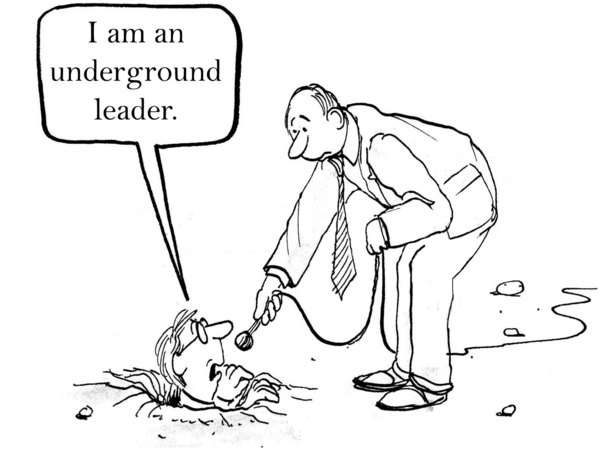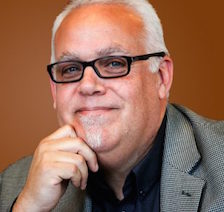
Leaders Arise From All Places on DISC Wheel
One of the most important aspects of the DISC (Dominance, Influence, Steadiness, Compliance) model of behavioral style is values-neutrality. None of the 384 different DISC patterns that are reflected in a TTI personal report are “right” and none are “wrong.”
Despite our commitment to teach this neutrality, all of us as consultants and clients within the TTI sphere of influence have our biases that may sometimes contradict this stated belief. Though we ought to know better, we too often reflect the myth that leaders only come from the D and I regions of the DISC assessment.
History shows us a different picture, however. Many great leaders throughout history have been clearly more S or C like. Such leaders include:
- Moses
- Socrates
- Gandhi
- Soren Kierkegaard
- Charles Darwin
- Abraham Lincoln
- Mother Teresa
- George Washington
- Joe DiMaggio
- Martin Luther
This historic data doesn’t fit the current extroverted stereotype of leadership prevalent in the U.S.
All of these individuals and many more led those that followed them by leveraging a different and complementary set of natural talent patterns, strengths and competencies aligned with their more introverted nature.
And they all led well.
I posted an article on the Price Associates blog on March 4, 2013, titled “The Introverted Leader.” Upon seeing the title, one reader replied, “Isn’t that an oxymoron; introverts can’t be leaders?”
If this were just one isolated case of this bias, it would not merit much reaction. I’m not sure it is. In addition to taking personal offense to this statement, this serves as a clear example of precisely the uniformed thinking that I’m suggesting we need to expose, challenge and eradicate.
Neither character nor hard work intrinsically connects with either side of the temperamental or behavioral spectrum. Leaders arise from all places around the DISC wheel, even the S and C quadrants, and organizations need the balanced leadership that comes from the synergy that results.
This isn’t just wishful thinking or introverted hyperbole; this is reality. Examples of these leaders include:
- Bill Gates
- Mark Zuckerberg
- Tony Hsieh
- Reid Hoffman
- Jeff Bezos
- Larry Page
Looking at these contemporary intropreneurial leaders in organizations, we also see the need for balance added by their extroverted counterparts. Gates connected with Ballmer. Zuckerberg with Sandberg. Hsieh has Robertson. Hoffman has Weiner. Page has Brin.
This is the pattern we’ve been observing for some time beginning with the complementary pairing of Steve Jobs and Steve Wozniak that began this technological revolution.
We need both.
Introverted and extroverted leaders need each other to optimize overall results. Eradicating the bias that invalidates introverted leaders on the S and C side of the DISC wheel is needed to recover this balance.
What Should We Do?
We can’t any longer validly perpetuate the urban legend that connects extroversion with leadership.
Great leaders come from both ends of the continuum. Wherever we find ourselves on any of the four dimensions of DISC, we all need to be more consistent with the underlying philosophy of the model, values-neutrality.
Here are some things we may need to do:
- Own our biases. The first step is self-awareness. What is my bias? Is it based on misinformation?
- Learn about others. Stereotypes are based in ignorance of others. Learning about others who are different is the primary means of eliminating our prejudices. Developing an understanding of the true nature of introversion will help.
- Change our thinking. Great leaders admit their errors. If we’ve been wrong about introversion, not valuing the strengths and necessity of introverted leaders, we may need to change our mind.
- Change our behavior. The proof will be in the pudding. If we’ve truly changed our mind and become aware of our previous ignorance, our behavior will change. The way we speak about and interact with introverted leaders around us will be different. Balanced leadership will truly be practiced.



